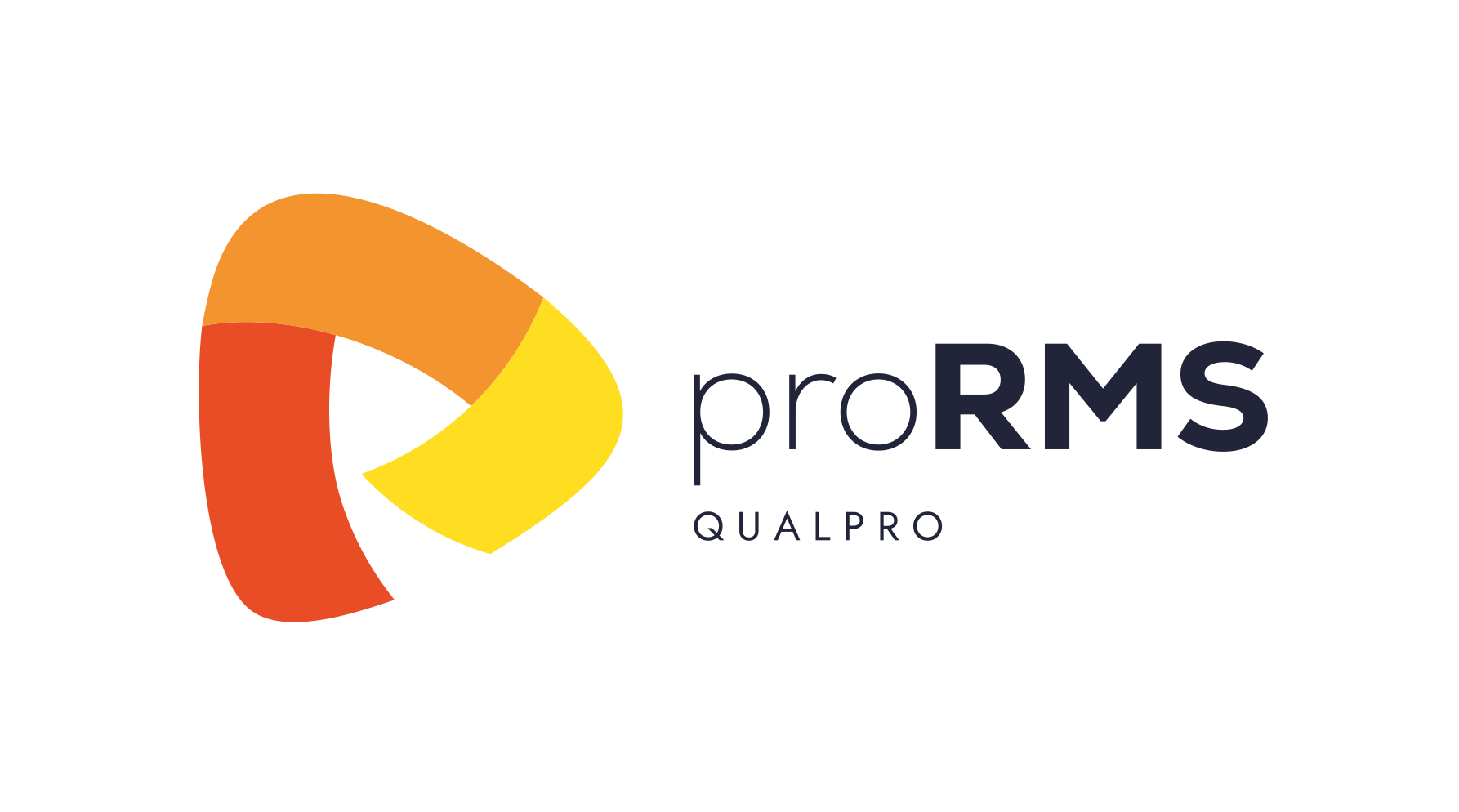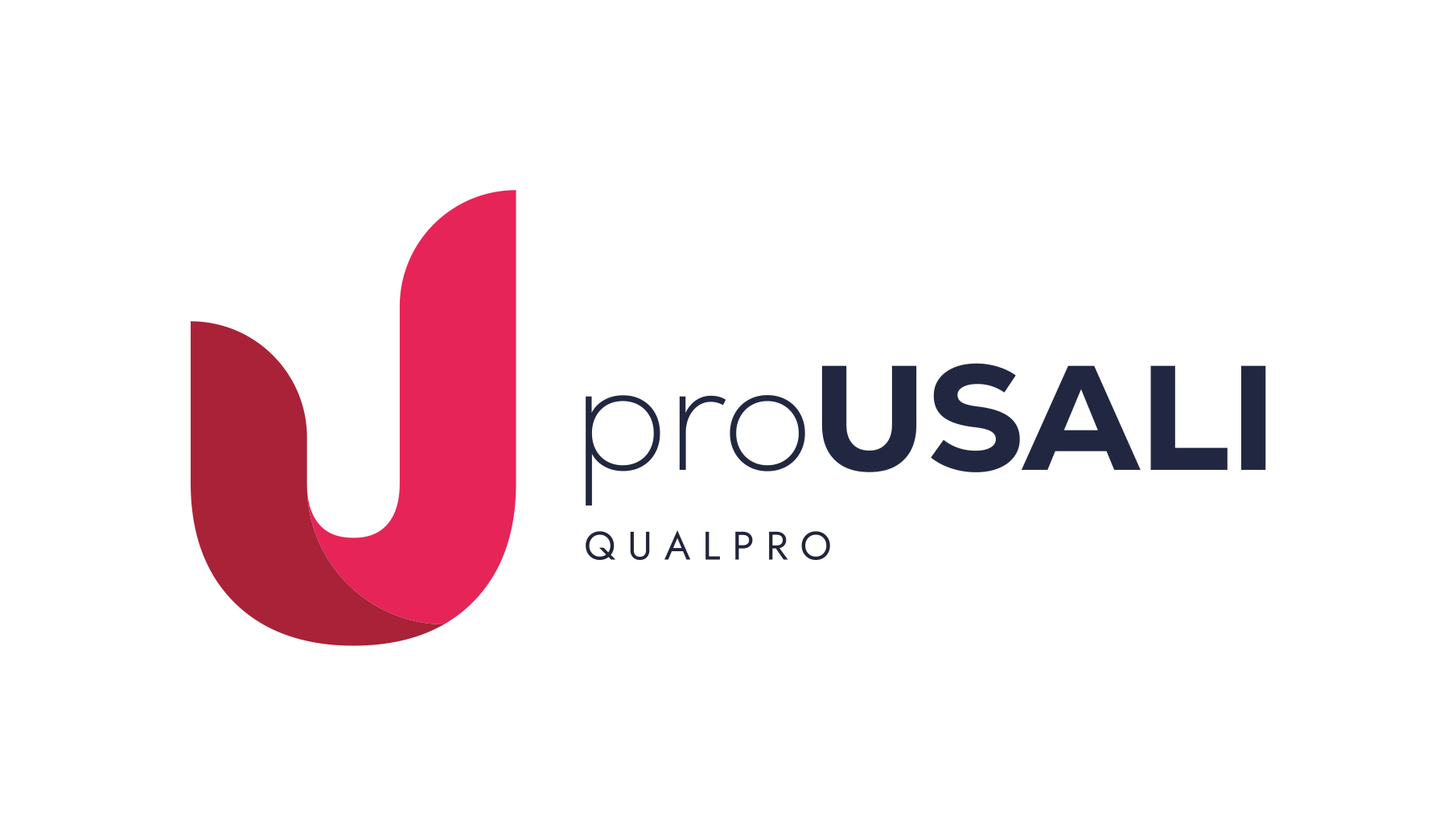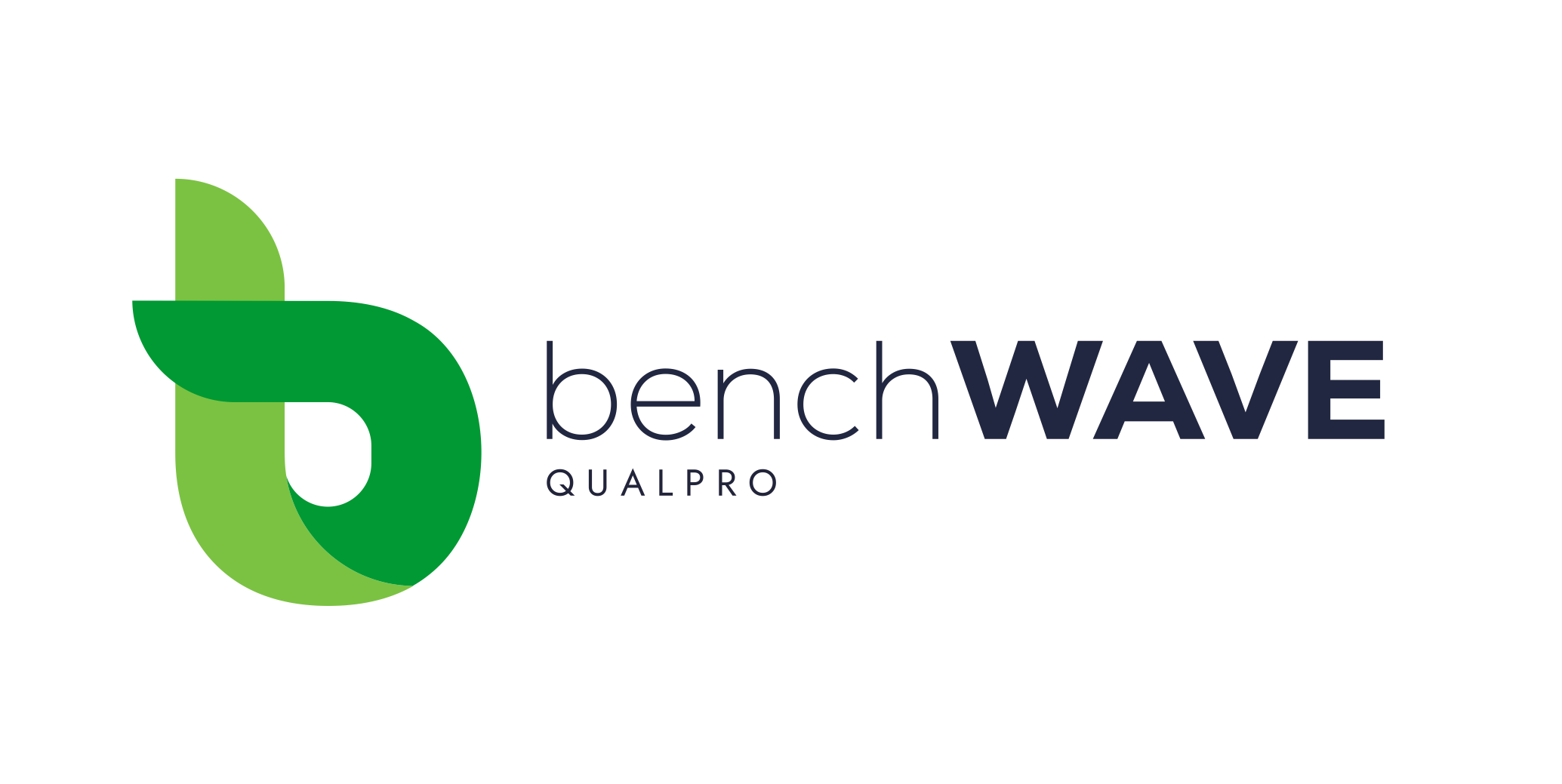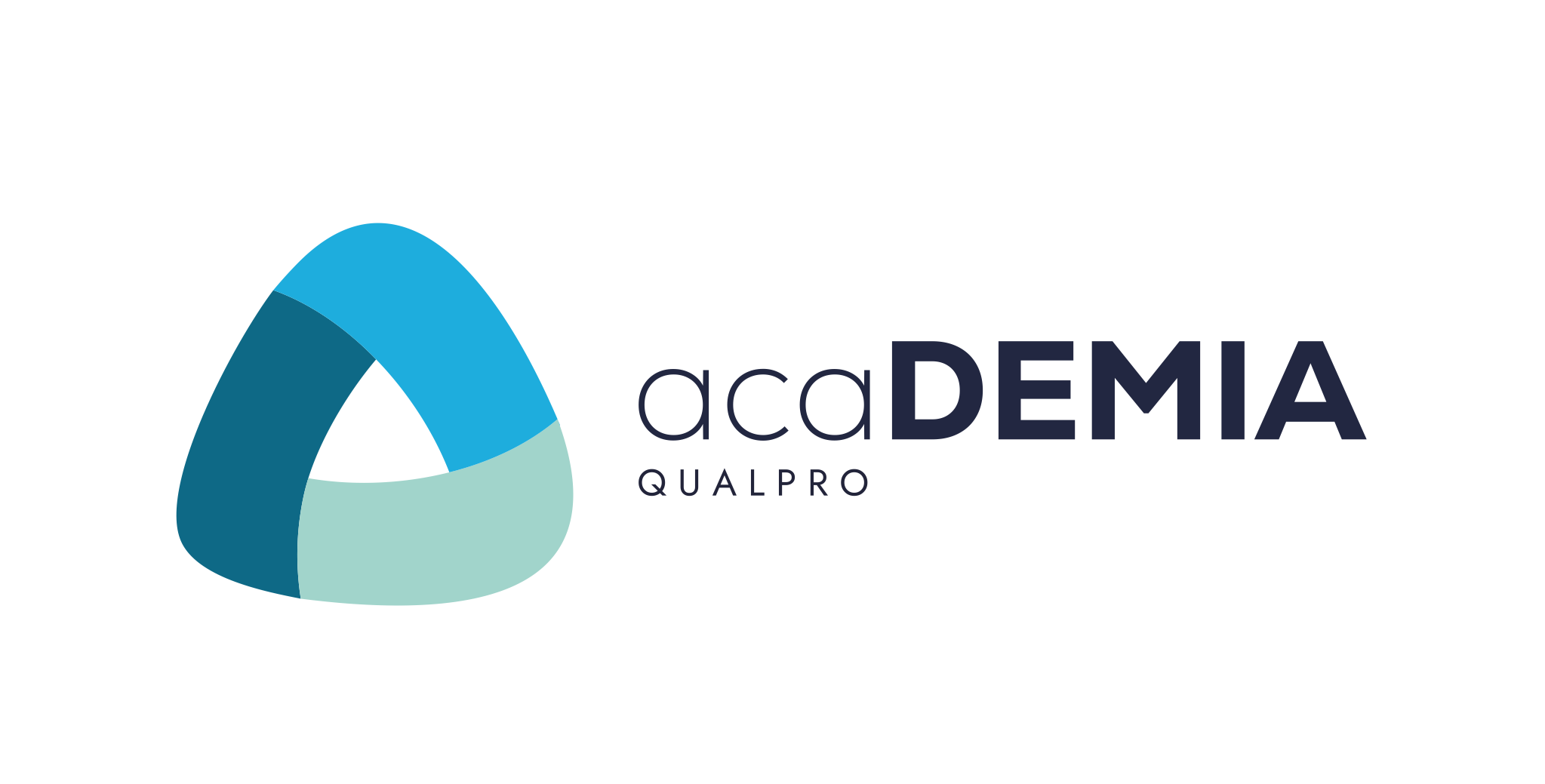Although the hospitality industry was virtually paralyzed for months, both sides – the supply side and the demand side – know that this situation can’t and won’t stay like this forever. Every nightmare finally ends and things go back to normal. However, people from our industry keep asking the same questions: How will this process run? How much time will it take? How will it look in its specific phases? Nobody can use a crystal ball to tell us that the process will run in this way or the other, but we may dare to make educated guesses and discuss possible scenarios of what is to come.
Has this ever happened?
Never! Such a situation as the current pandemic and the way it affects various industries, including hospitality, is obviously unprecedented. The scale of this phenomenon, its duration or the extent of its impact on the entire world – this has never happened and can’t be compared to anything. But hoteliers with some experience will find certain (vague – we must say) analogies between this crisis and the ones which they went through in the past. The financial crisis that started in September 2008, the volcanic ash cloud in April 2010, Paris terrorist attacks in November 2015 – all these events affected the hospitality industry, heavily damaging it as well as its achieved results. Certain steps had to be taken in those times (we’ll get back to that), but it’s worth noting that the industry managed to recover in each case. Those events have shown us which segments were mostly impacted and how the process of going back to normal ran. Each of these crises had different causes, form and course, but each of them taught us something new.
Can you hold a conference online?
There is no use discussing exact dates or specifying what will happen and when because apparently the case is getting out of hand on all possible levels. But you can suppose that after a while, restrictions will be lifted, most of the world population will be vaccinated, and the economy will start to recover. What then? The experience of the last decade’s financial crisis has shown that business segments were strongly affected. During economic uncertainty, companies always cut costs – these activities relate to, among others, business trips. Even then, nearly 13 years ago, a part of company relationships went online. Nowadays, after the rapid expansion of remote communication tools, this “transition” simply went on a massive scale. The question is: Will this reverse?
Remote communication is a great thing, but nothing can replace direct meetings with the contractor. You can’t create online versions of the effects and relationships built even during coffee breaks on large conferences. Nor can you experience the atmosphere and conversations during meals or integration evenings when you go online. You need all this to form and develop business contacts, so this must eventually return. And entrepreneurs, before doing anything, will want to feel, that the market is growing, the conditions are stable, “we are all getting out of this”, and they are supported. When this feeling comes and stays, the process of the MICE industry bouncing back can be relatively fast.
How about a SPA weekend?
Business needs a little time, that’s clear. But individual guests willing to go on leisure trips probably don’t want to wait any longer. Not all of us were equally affected by the crisis, not everyone was forced to save up. And even if this was the case, we sometimes need to go away for the weekend to clear our heads. We want to eat out, have a glass of wine. Are there any restrictions in place? We’ll comply! We want to unwind after these difficult times, we deserve a little luxury. After months of lockdown, the society needs it, so we can reasonably expect that these segments will rush to hotels as the first ones and in greatest numbers.
Let’s get specific
We can discuss the current situation for hours, look at dozens of its aspects and still miss out a lot because the case is very complex and unprecedented. It is not our goal here. At Qualpro, we deal with revenue management (RM), so we would like to remind you about a few mechanisms and good practices in the context of this particular field and the current state of the hospitality industry. Most of professionals already know them, but it must be stresses that they have become particularly important nowadays when demand is (to say the least) limited.
Maintain price and negotiation flexibility. Unfortunately, but demand in the upcoming months will stay lower than it used to be. It means that we must try to keep every guest during low season. We aren’t discussing the cost aspect here or saying that you should keep guests no matter what (everyone should calculate their unit cost per sold room and know how much they can cut their prices by), but the competition among hotels will increase during low seasons. The market will become “a buyer’s market”, and you need to get ready for that. So it’s a good idea to track demand behavior, analyze competitors’ activities, develop your own strategy, implement it and be able to manage or modify it if necessary.
Optimize high seasons. Such periods also happen in the post-pandemic world. It’s very likely that when spring starts, holiday resorts will have decent occupancy during weekends. Summer holidays may become a very good time for the leisure part of the industry. There will also be some periods which – after implementing the right RM policy – can make up for some losses from low season. Since they will be the only chance to improve profitability, the the hotel’s strategy for these moments should be more thought-out and focused on optimization.
Forget (at least partly) about restrictions. Non-refundable rates is one of the most powerful RM tools which, sadly, has become almost useless. The current world is still showing us how volatile it can be. So many things are no longer under our control. As travellers, we often don’t know whether we can arrive as we planned. Non-refundable rates during low seasons discourage people from booking. Remember though that they are useful during high season when it comes to “protecting” the hotel’s revenue, and guests must accept them.
Analyze market behavior. What is revenue management if not (among other things) a barometer to estimate demand behavior? For years, revenue managers have been forecasting to adapt their hotels and maximize revenue – under specific market conditions. Now such practice, knowledge and experience in terms of activities are invaluable. After months of losses, you can’t let any chances to maximize revenue “go down the drain.” You also can’t be passive in difficult situations because your competitors will do their part.
We’ll help you!
The steps presented above are just some of the many steps you need to take. If you want to learn more, get support or tools to help you with developing ongoing revenue management processes in your hotel’s everyday operations, we can and will help you. We can train revenue managers, supervise the implementation of proper methods or simply take over and deal with your property’s revenue management for you. Qualpro experts have many years of experience with various hotels and markets. We also have a modern tool which uses advanced algorithms for analyses, data processing and forecasting. We’ll go into its technical details another time.
If you need help with revenue management in your hotel, contact us via e-mail: info@qualpro.co





